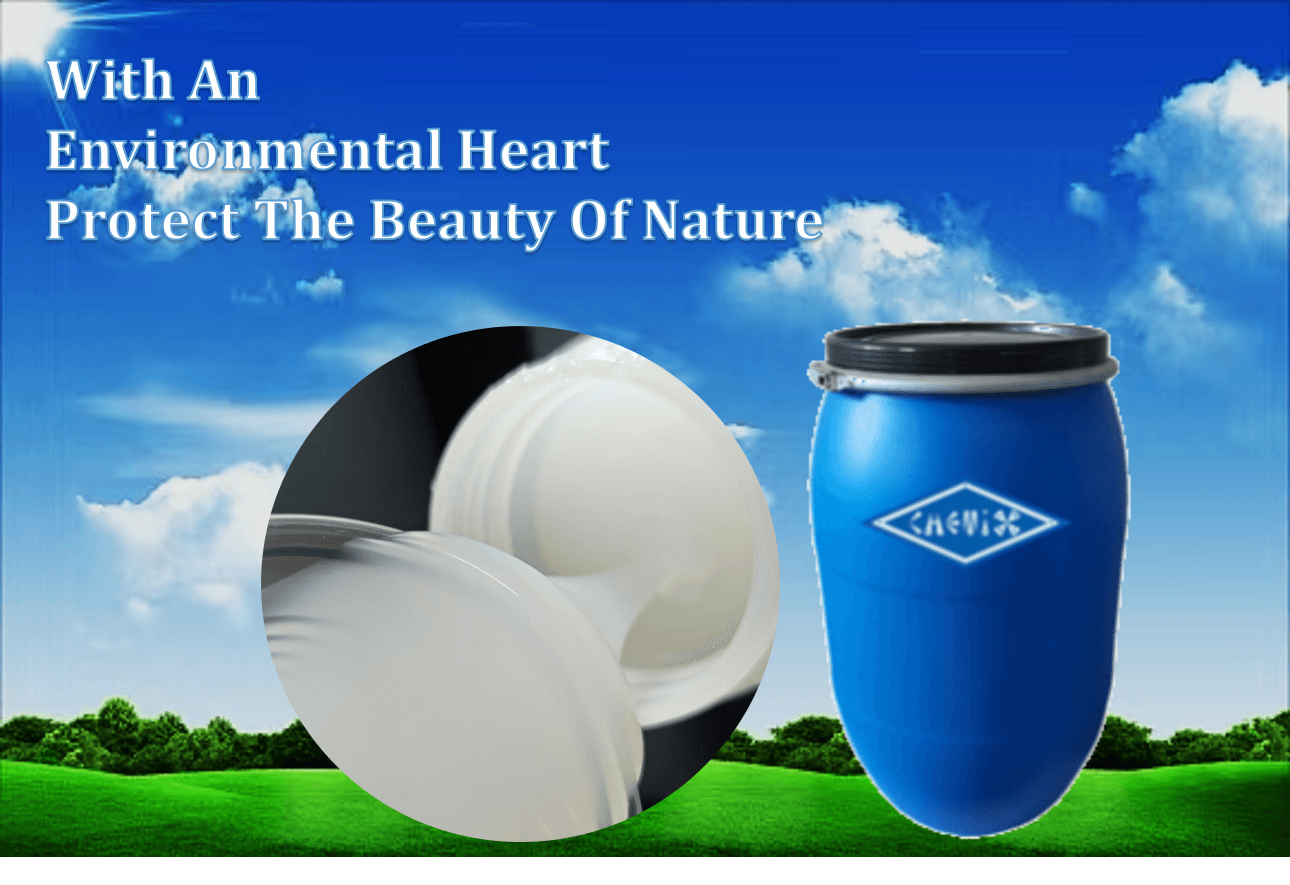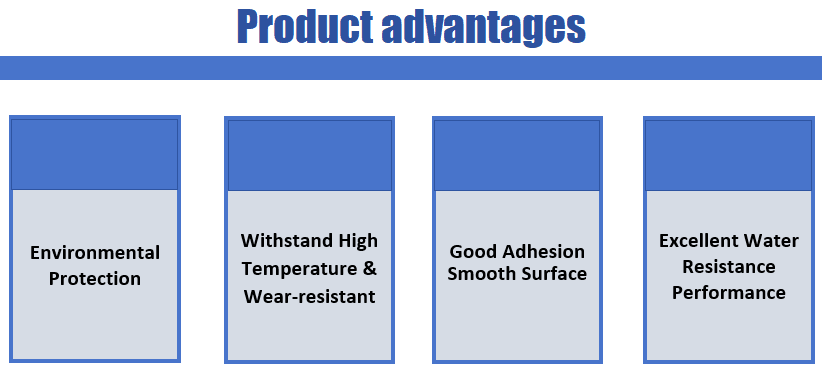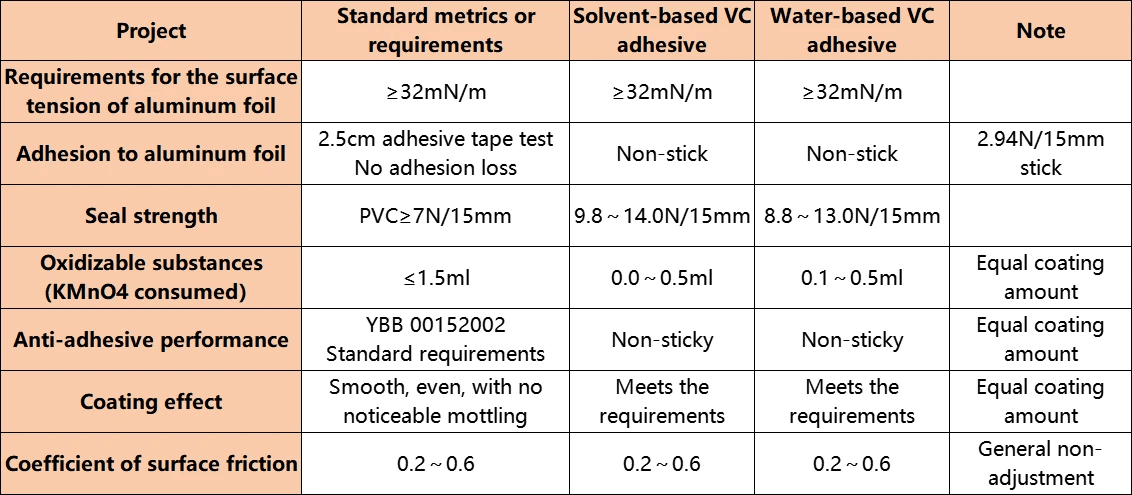Introduction

In recent years, the world has seen a significant shift towards eco-friendly solutions, with consumers and manufacturers alike prioritizing sustainability in their choices. This trend has led to the rise of water-based adhesive products that not only meet performance standards but also reduce environmental impact. By understanding what water-based adhesives are and their benefits, we can appreciate their growing importance in various industries.
The Rise of Eco-Friendly Solutions
The demand for sustainable alternatives has skyrocketed as awareness of environmental issues rises. Industries are increasingly seeking eco-friendly materials that minimize harmful emissions and waste, paving the way for innovative products like water-based adhesives. These solutions align perfectly with modern values, making them a popular choice among consumers and businesses committed to reducing their carbon footprint.
Understanding Water-Based Adhesives
So, what are water-based adhesives? They are bonding agents composed primarily of water as a solvent, which makes them less toxic compared to traditional solvent-based options. Their formulation allows for easy cleanup and safer handling while delivering strong adhesion across various applications—from woodworking to packaging.
Benefits of Choosing Eco-Friendly Products
Choosing eco-friendly products like water-based adhesives comes with numerous advantages beyond just being kind to the planet. Not only do they help reduce volatile organic compounds (VOCs) in our air, but they also offer superior performance characteristics that can rival traditional adhesives. By opting for these sustainable solutions, industries can enhance their brand image while contributing positively to environmental conservation efforts.
What are Water-Based Adhesives?

Water-based adhesives have emerged as a popular choice in both industrial and consumer applications, thanks to their eco-friendly nature and versatility. These adhesives utilize water as the primary solvent, making them less toxic compared to their solvent-based counterparts. As industries increasingly prioritize sustainability, the demand for water-based adhesive products continues to grow.
Definition and Composition
Water-based adhesives are defined by their formulation, which incorporates water as the main carrier for bonding agents. Typically composed of polymers that dissolve or disperse in water, these adhesives can include natural materials like starch or synthetic options such as acrylics and polyvinyl acetate (PVA). This composition not only enhances safety during application but also facilitates easy cleanup with just soap and water.
Comparison with Solvent-Based Options
When comparing water-based adhesives to solvent-based options, several key differences come into play. Solvent-based adhesives often contain volatile organic compounds (VOCs), which can pose health risks and contribute to environmental pollution; in contrast, water-based adhesives offer a much safer alternative with lower emissions. Additionally, while solvent-based glues may provide stronger initial adhesion in some cases, advancements in technology have led to the development of robust water-based adhesive products that perform exceptionally well across various applications.
Common Uses in Various Industries
Water-based adhesives find common ground across a myriad of industries due to their versatility and eco-friendliness. From packaging and woodworking to textiles and automotive manufacturing, these adhesives are integral for bonding materials like paper, cardboard, wood, fabric, and plastics. The growing awareness around sustainability has prompted many companies to transition towards using water-based adhesive formulations that align better with environmentally responsible practices.
What is the Strongest Water-Based Glue?

Performance Characteristics
The performance characteristics of water-based adhesives can vary widely based on their formulation and intended use. Generally, the strongest water-based glue offers excellent bond strength, quick drying times, and resistance to heat and moisture. These features make them suitable for demanding applications across multiple sectors, proving that eco-friendly doesn’t have to mean less effective.
Moreover, when evaluating what are water-based adhesives?, it’s important to note that their ability to adhere well under various conditions sets them apart from traditional options like solvent-based adhesives. Many manufacturers have developed innovative formulations that enhance durability without compromising safety or environmental impact. Thus, knowing how these performance characteristics manifest in real-world scenarios can help you choose the best option for your needs.
Popular Brands and Their Offerings
Several prominent brands have made a name for themselves in the realm of water-based adhesive products, each offering unique benefits tailored to specific applications. For instance, brands like Titebond and Elmer's provide strong options that cater to woodworking enthusiasts and DIY projects alike with their reliable formulations. Meanwhile, 3M has developed advanced adhesives designed for industrial uses that also prioritize sustainability.
Additionally, many of these brands focus on continuous improvement in their water-based adhesive formulation by incorporating innovative ingredients aimed at enhancing bond strength while reducing environmental impact. With such a variety of choices available from established water-based adhesive manufacturers, selecting the right product becomes easier than ever before—whether you're looking for craft supplies or industrial-grade solutions.
Real-World Applications of Strong Adhesives
The versatility of strong water-based adhesives means they find applications in numerous industries ranging from construction to arts and crafts. In construction settings, these adhesives are often used for bonding materials such as plywood or drywall due to their impressive holding power even under challenging conditions like humidity or temperature fluctuations. Additionally, furniture manufacturers rely on high-performance water-based glues for assembling pieces without compromising aesthetics or structural integrity.
In creative fields such as art and design, artists often turn to these products when seeking reliable yet non-toxic options for bonding materials together—proving once again that eco-friendly choices do not skimp on quality! From packaging solutions in retail environments to automotive assembly lines where precision is key, real-world applications demonstrate how effective these strong adhesives can be across diverse sectors.
Water-Based Adhesive Formulation

When it comes to the world of water-based adhesive formulation, understanding the key components is essential for creating effective products. Water-based adhesives typically consist of a polymer emulsion, water, and various additives that enhance performance. These formulations are designed to provide strong bonding capabilities while minimizing environmental impact, making them a popular choice among eco-conscious consumers.
Key Components in Formulations
The backbone of any water-based adhesive product is its polymer content, which determines the adhesive's strength and flexibility. Common polymers used include polyvinyl acetate (PVA), ethylene-vinyl acetate (EVA), and acrylics, each offering unique properties suited for different applications. Additionally, additives such as surfactants, stabilizers, and preservatives play crucial roles in improving adhesion performance and increasing shelf life.
Innovative Ingredients in Eco-Friendly Options
As sustainability becomes increasingly important in manufacturing processes, innovative ingredients are emerging within eco-friendly water-based adhesive formulations. Biodegradable polymers derived from natural sources like starch or plant oils are gaining popularity due to their reduced environmental footprint. Furthermore, manufacturers are exploring non-toxic alternatives to traditional solvents and fillers that can enhance the performance of these adhesives without harming the planet.
Customization for Specific Applications
One of the standout features of water-based adhesives is their ability to be customized for specific applications across various industries. For example, construction companies may require a stronger bond for heavy materials while packaging industries might prioritize quick-drying properties for efficiency. Water-based adhesive manufacturers often work closely with clients to tailor formulations that meet precise needs while ensuring compliance with safety and environmental regulations.
Water-Based Adhesive Examples

When it comes to water-based adhesive examples, the market is brimming with innovative products that cater to a variety of needs. These water-based adhesive products have gained traction due to their eco-friendly properties and impressive performance characteristics, making them a popular choice for both consumers and industries alike. From construction to crafts, these adhesives are proving that sustainability can go hand in hand with strength.
Leading Products in the Market
Among the leading water-based adhesive products, brands like Elmer's, Titebond, and Gorilla have established themselves as frontrunners. Elmer's Glue-All is particularly well-known for its versatility in arts and crafts, while Titebond III offers exceptional waterproof qualities for woodworking projects. For those asking what is the strongest water-based glue? Gorilla Wood Glue stands out as a robust option that delivers superior bonding strength without compromising on eco-friendliness.
Industries Benefiting from Eco-Friendly Adhesives
Water-based adhesives are making waves across various industries such as packaging, textiles, and construction. The packaging industry has embraced these eco-friendly solutions to create sustainable products that reduce environmental impact while maintaining product integrity. In textiles, manufacturers are increasingly using water-based adhesive formulations to bond fabrics without the harsh chemicals typically associated with solvent-based options.
Case Studies of Successful Applications
Several case studies highlight the successful applications of water-based adhesives across different sectors. For instance, a furniture manufacturer recently switched to water-based adhesive products for their assembly line and reported enhanced adhesion along with reduced VOC emissions—an impressive win-win scenario! Additionally, an automotive company adopted a specific formulation of water-based adhesives for interior components and achieved significant cost savings while promoting sustainability within their supply chain.
Spotlight on Chemix's Water-Based Resin Solution

In the ever-evolving landscape of eco-friendly solutions, Chemix stands out with its innovative water-based resin products. Known for their commitment to sustainability and performance, Chemix offers a range of water-based adhesive products that cater to diverse industries. These formulations are designed not only to meet rigorous environmental standards but also to deliver exceptional bonding strength.
Overview of Chemix’s Offerings
Chemix provides a comprehensive selection of water-based adhesives that are engineered for various applications. Their product lineup includes everything from general-purpose adhesives to specialized formulations tailored for specific industry needs. By focusing on water-based adhesive formulation, Chemix ensures that their offerings align with the growing demand for safer and more sustainable bonding solutions.
Advantages of This Water-Based Resin
One of the standout features of Chemix's water-based resin is its impressive bonding capabilities, often raising the question: what is the strongest water-based glue? The company's proprietary formulations boast excellent adhesion properties while being free from harmful solvents, making them ideal for eco-conscious consumers and manufacturers alike. Additionally, these resins exhibit low VOC emissions and enhanced durability, providing both environmental benefits and reliable performance.
Success Stories from Different Industries
Various industries have successfully integrated Chemix’s water-based adhesive products into their operations, showcasing the versatility and effectiveness of these solutions. For instance, in the woodworking sector, manufacturers have reported improved production efficiency while using these eco-friendly adhesives without compromising quality or strength. Similarly, in packaging applications, companies have praised how these adhesives maintain integrity under varying conditions—proving that when it comes to water-based adhesive examples from leading manufacturers like Chemix, sustainability doesn't mean sacrificing performance.
Conclusion

As we wrap up our exploration of eco-friendly solutions in the adhesive industry, it's clear that water-based adhesives are leading the charge towards a more sustainable future. These innovative products not only meet performance standards but also align with growing environmental consciousness among consumers and manufacturers alike. The future of eco-friendly adhesives looks bright, with continuous advancements in formulation and application paving the way for even stronger and more versatile options.
The Future of Eco-Friendly Adhesives
The landscape of water-based adhesive products is evolving rapidly, driven by both consumer demand and regulatory pressures to reduce harmful chemicals in manufacturing processes. Water-based adhesives are expected to become even stronger and more efficient as research into their formulation progresses, potentially leading to breakthroughs in their applications across various industries. With increasing awareness about sustainability, manufacturers are likely to invest more heavily in developing eco-friendly adhesive solutions that don’t compromise on performance.
Why Sustainability Matters More Than Ever
In an era where climate change and environmental degradation are pressing global issues, sustainability has never been more critical. Choosing water-based adhesives over traditional solvent-based options not only minimizes harmful emissions but also supports a circular economy by promoting biodegradable materials. By opting for water-based adhesive products, businesses can enhance their corporate responsibility profiles while appealing to eco-conscious consumers who prioritize sustainable practices.
Making the Switch to Water-Based Options
Transitioning to water-based adhesives may seem daunting at first, especially for industries accustomed to conventional methods; however, the benefits far outweigh any initial challenges. Manufacturers need to consider the long-term advantages of using water-based adhesive formulations that offer lower toxicity levels and improved worker safety without sacrificing strength or reliability—after all, what is the strongest water-based glue can often outperform its solvent counterparts! As we continue down this path towards greener solutions, it’s essential for businesses to embrace these changes proactively rather than reactively.
